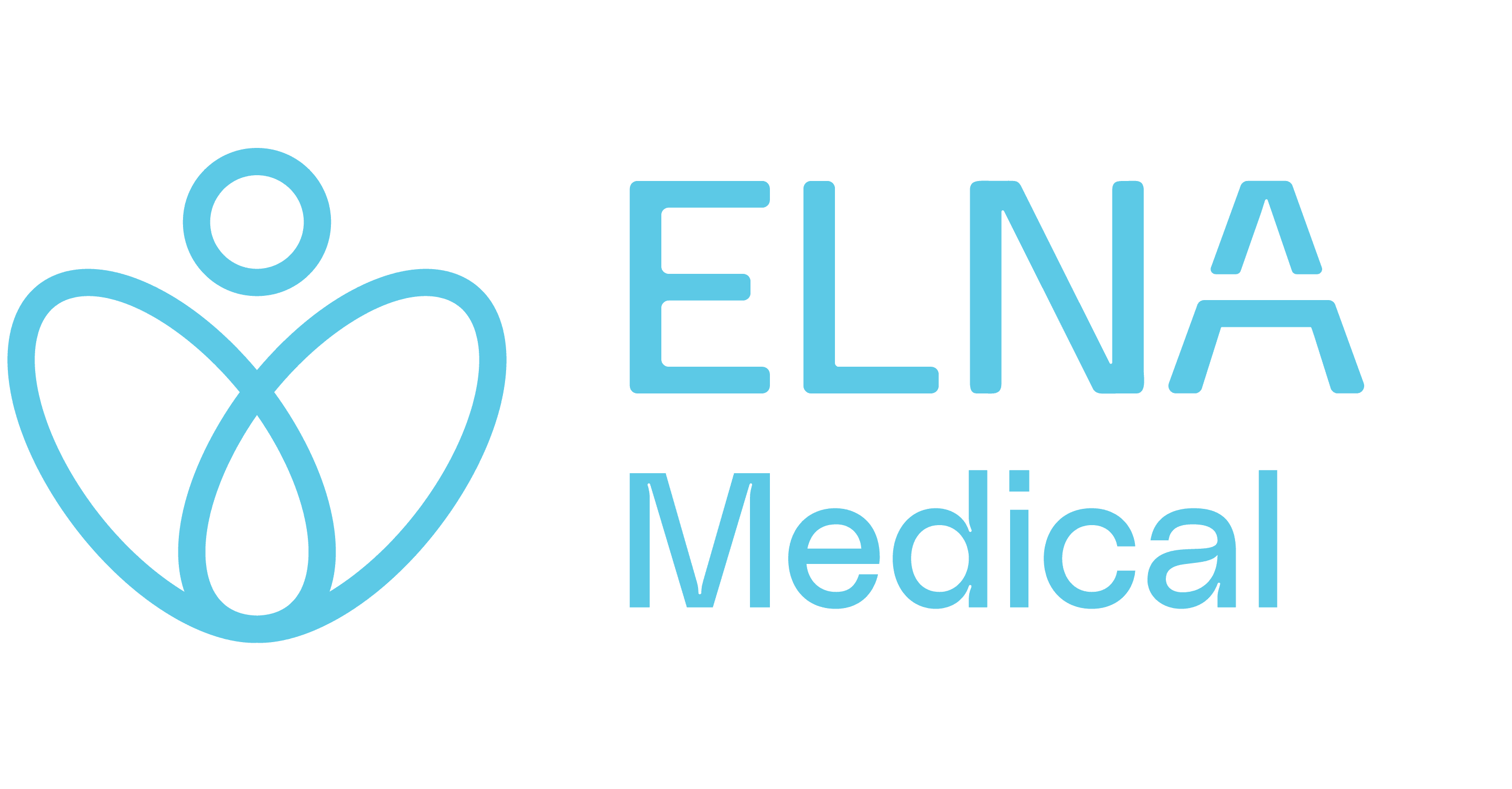It is estimated that one in six people worldwide is affected by infertility, representing 17.5% of the world’s adult population1. The news of this unforeseen condition can be difficult for couples looking to start a family, or for women trying to get pregnant.
Dr. Marie Ammerlaan, a family physician at PrivaMED, offers some advice on coping with the news and exploring your options. Dr. Ammerlaan specializes in maternal mental health and guides patients through the challenges of parenthood.
Keep reading to learn more:
- What is infertility?
- How to deal with the stress of infertility?
- What are your options?
- Medical and mental health support
What is infertility?
The World Health Organization (WHO) defines infertility as a disorder of the male or female reproductive system, characterized by the inability to conceive a pregnancy after 12 months or more of regular unprotected sexual intercourse.
In men, the most common causes of infertility include problems with seminal fluid excretion, low or absent sperm counts, and abnormalities in sperm shape and movement. In women, infertility can result from a variety of abnormalities affecting the ovaries, uterus, fallopian tubes and endocrine system, among other factors.
In women, infertility can result from a variety of abnormalities affecting the ovaries, uterus, fallopian tubes and endocrine system, among other factors.
How to deal with the stress of infertility?
Discovering that you are infertile is an emotionally difficult and disconcerting experience that can have an impact on your mental health and your relationship. It’s normal to feel stressed, sad, frustrated or even angry.
Take time to accept the news, to understand what’s happening to you and how you feel. Expressing your emotions to your partner, a close friend or a healthcare professional can help ease the emotional burden.
It’s also an opportunity to reflect on the impact this news is having on your life, your goals and your family priorities. Discussing your options with your partner and a healthcare professional will help you make informed decisions.

Option 1: Fertility treatments
There are several fertility treatments, which may be recommended depending on the underlying cause of infertility. A consultation with a healthcare professional will help you determine which treatment is best suited to your situation. These treatments include:
- Ovulation induction medication: These can help regulate menstrual cycles, stimulate the release of mature eggs and thus help you get pregnant.
- In Vitro Fertilization (IVF): IVF is an assisted reproduction technique in which eggs are harvested from the woman, then fertilized in the laboratory with sperm from a partner or donor. The resulting embryos are then transferred to the woman’s uterus.
- Intrauterine Insemination (IUI): IUI involves injecting sperm directly into the woman’s uterus during her menstrual cycle.
- Hormonal therapy: To treat hormonal imbalances in men and women, which can contribute to infertility.
- Surgery: To correct anatomical problems such as fallopian tube obstructions, uterine fibroids or endometriomas.
- Egg, sperm or embryo donation: If partners are unable to produce their own viable gametes, they may consider using donor eggs or sperm.
Option 2: Adoption
For couples who cannot conceive biologically despite infertility treatments, or who do not wish to resort to treatments, adoption is an alternative for building a family. Adoption is a rewarding option that offers the chance to become a parent and provide a loving home for a child in need.
Option 3: A life without children
After learning about their fertility problems, many people question their life and family goals. Do I really want to have children? What would my life be like if I didn’t? Would I be happy? Some people realize that they are ready to move forward in life without children.
Furthermore, this choice can be made if you’re not willing or able to go through the stages of fertility treatment or adoption. Indeed, treatment and adoption can be costly, time-consuming and emotionally demanding on your mental health.

Consult a healthcare professional
It’s important to take the time to consider and explore all these possibilities with a healthcare professional before making a final decision.
A consultation with a family doctor can provide you with the psychological support you need to cope with the news, and help you learn more about your options. Your doctor can also carry out basic assessments and refer you to appropriate specialists.
Private infertility support on the South Shore
Maternal mental health (PrivaMED Brossard and Boucherville): Dr. Marie Ammerlaan offers specialized perinatal and maternal mental health services. She helps women overcome the challenges they face before, during and after pregnancy (fertility, post-partum, perinatal bereavement, etc.). Her services are also available by teleconsultation. These services are covered by the RAMQ but by some private insurance plans.
Sources | 1 : OMS – 1 in 6 people globally affected by infertility















